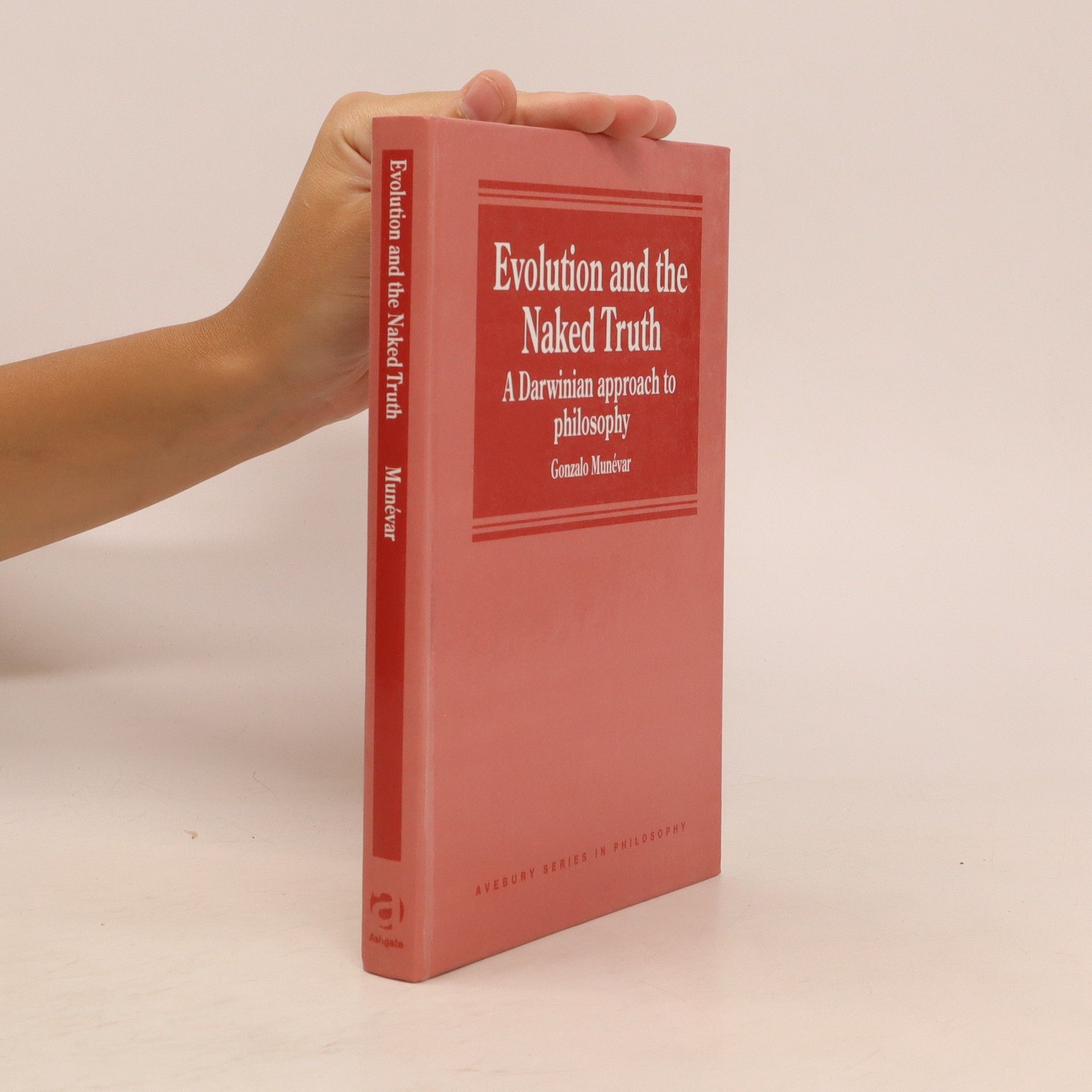The main aim of this book is to use a naturalistic, evolutionary approach to solve some of the most important problems in philosophy. The first two problems come from the philosophy of the problem of rationality of science and the problem of truth in science. In presenting the first problem, the author argues that the views of Kuhn and Feyerabend do create a very serious challenge to traditional epistemology, however, if the assumption of individual rationality is abandoned in favour of the author's social concept of rationality, a committed naturalism can account for science as a rational activity. In tackling the second problem of truth, the author shows that a committed evolutionary philosophy does not support realism but leads instead to a thorough evolutionary relativism of scientific knowledge. It is nevertheless possible to use this evolutionary relativism to construct a theory of relative truth.
Gonzalo Munévar Livres



Exploring the intersection of science and wonder, this work examines how empirical methods can enhance our appreciation of the world. It emphasizes the importance of the scientific method, where observation critically evaluates theories, ultimately shaping our understanding and sense of awe. The book seeks to uncover how scientific inquiry can fulfill our innate curiosity and wonder about the universe.
The Dimming of Starlight is a philosophical treatise on space exploration that presents the fascinating stories of how space technology saves lives and protects our planet from catastrophe.